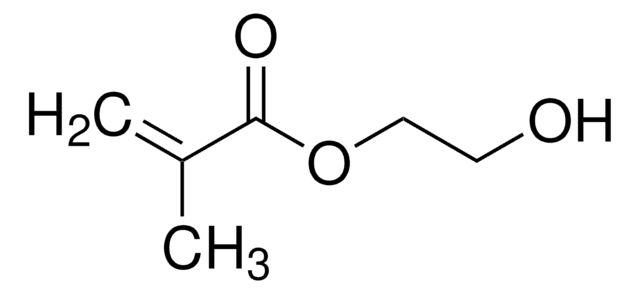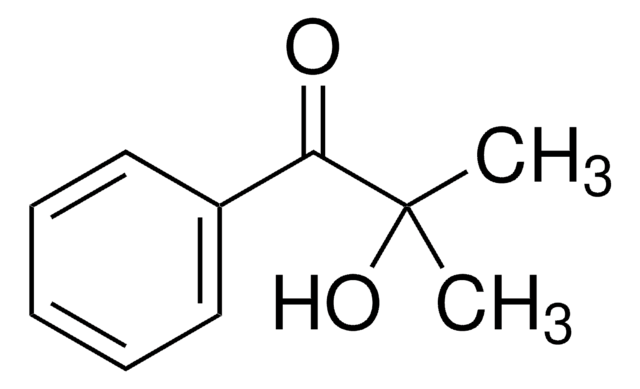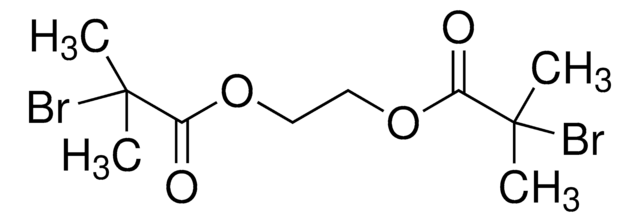723169
Bis[2-(2′-bromoisobutyryloxy)ethyl]disulfide
Synonym(s):
(BiBOE)2S2, ATRP (Bio)degradable Initiator, BiBOEDS
About This Item
Recommended Products
form
liquid
Quality Level
refractive index
n20/D 1.529
density
1.478 g/mL at 25 °C
storage temp.
2-8°C
SMILES string
CC(C)(Br)C(=O)OCCSSCCOC(=O)C(C)(C)Br
InChI
1S/C12H20Br2O4S2/c1-11(2,13)9(15)17-5-7-19-20-8-6-18-10(16)12(3,4)14/h5-8H2,1-4H3
InChI key
PXBWWYBXPGZCHC-UHFFFAOYSA-N
Related Categories
Application
Signal Word
Warning
Hazard Statements
Precautionary Statements
Hazard Classifications
Eye Irrit. 2 - Skin Irrit. 2 - STOT SE 3
Target Organs
Respiratory system
Storage Class Code
10 - Combustible liquids
WGK
WGK 3
Flash Point(F)
Not applicable
Flash Point(C)
Not applicable
Choose from one of the most recent versions:
Already Own This Product?
Find documentation for the products that you have recently purchased in the Document Library.
Articles
Find how atom transfer radical polymerization (ATRP) tools can be used for the synthesis of well-defined functionalized polymers.
Atom transfer radical polymerization (ATRP) has emerged as one of the most successful synthetic techniques for the preparation of polymers with predetermined molecular weights, narrow molecular weight distributions, and high degrees of chain end functionalities.
ATRP polymerization, chain transfer agent, living polymerization, functional telechelic polymers
Over the past two decades, the rapid advance of controlled living polymerization (CLP) techniques.
Protocols
Sigma-Aldrich presents an article about the typical procedures for polymerizing via ATRP, which demonstrates that in the following two procedures describe two ATRP polymerization reactions as performed by Prof. Dave Hadddleton′s research group at the University of Warwick.
Our team of scientists has experience in all areas of research including Life Science, Material Science, Chemical Synthesis, Chromatography, Analytical and many others.
Contact Technical Service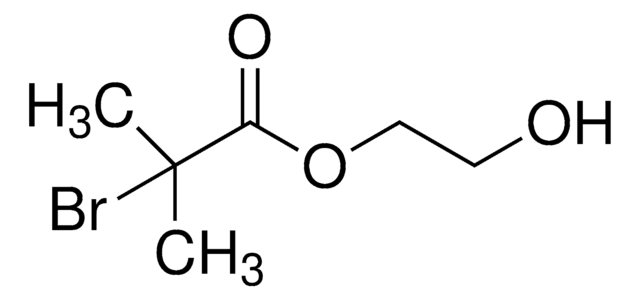
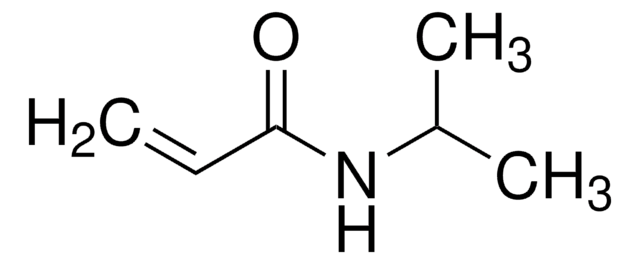

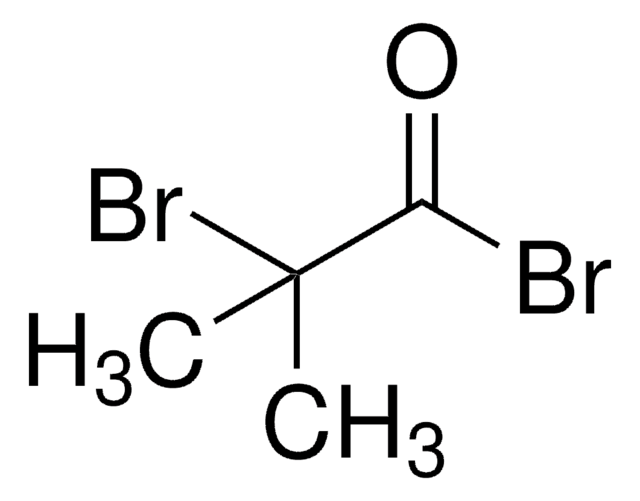
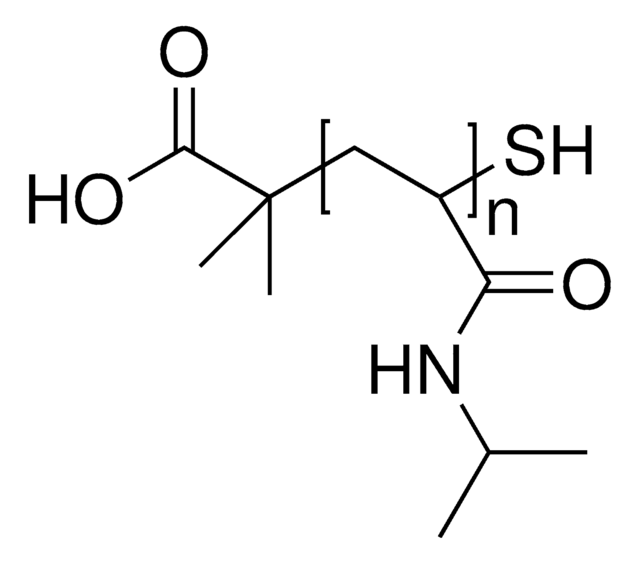
![Bis[2-(2-bromoisobutyryloxy)undecyl] disulfide 97%](/deepweb/assets/sigmaaldrich/product/structures/340/293/c46f0349-d50c-48d8-899f-e42b09fae485/640/c46f0349-d50c-48d8-899f-e42b09fae485.png)
